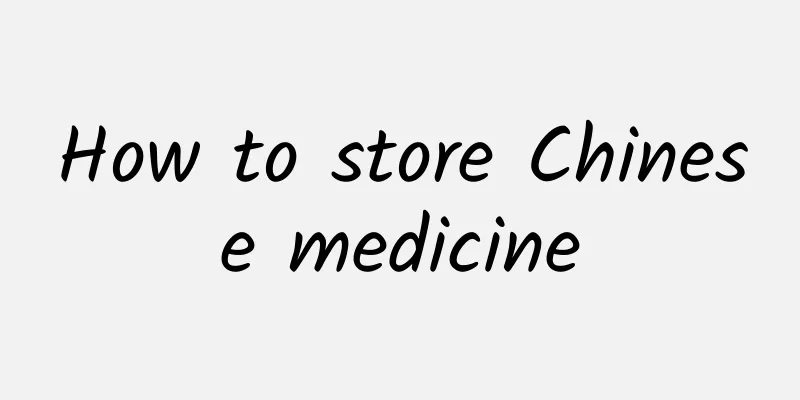What are the functions of hibiscus flowers

|
People often use the word "water lotus" to describe a pure and lovely woman. Hibiscus is not as delicate as rose. It is simple and elegant, and seems to be independent from the world. There is a unique temptation in it, so it is the favorite flower of many friends. Hibiscus is not only beautiful and can be used for viewing, it also has rare medicinal and health-preserving effects. Let us learn about it together. Another name for Hibiscus mutabilis is Hibiscus flower, and it is native to my country. Hibiscus is not very cold-resistant and prefers very warm and humid places. Prefers water and moisture. The soil requirements are not very high and it can survive in barren soil. A type of hibiscus. Deciduous shrubs or small trees. Growing in clumps, only about 1m high. The leaves are large, broadly ovate, 3 to 5-lobed, the lobes are triangular, the base is cordate, the leaf margins are obtusely serrated, and both sides are hairy. Flowers are solitary in the leaf axils at the ends of branches. They open gradually from September to November. Both the flowers and leaves can be used as medicine, which have the effects of clearing away heat and detoxifying, reducing swelling and discharging pus, cooling blood and stopping bleeding. It is the provincial flower of Hunan Province. [Brief description of functions] Hibiscus flowers have the effects of clearing heat and cooling blood, reducing swelling and discharging pus. They are suitable for treating heat furuncles, sores, breast abscesses, lung heat coughs, lung abscesses and other diseases. They can also be used for metrorrhagia caused by blood heat, and are often used together with lotus shells. The functions of hibiscus leaves are similar to those of flowers. They are generally used externally to reduce swelling and relieve pain. They are suitable for treating heat boils, furuncles, carbuncles, burns from water or fire, and lumps caused by injections in the buttocks. [General dosage] 9-15 grams of hibiscus flowers, a large dose of 30 grams can be used, decocted and taken. Apply hibiscus leaves externally in appropriate amounts. Wash the fresh leaves, mash them for external application; grind the dry leaves into powder, called "Yu Lu San", mix it into a paste with honey water or sesame oil, apply it to the affected area, and change the dressing once every 24 hours. There is a cooling sensation after application, which is a good sign. After reading this, has your love for hibiscus deepened? Hibiscus is not like most flowers that are only beautiful for appearance, it also has real edible benefits. If you have skin problems similar to those mentioned in the article above, you might want to pick a few beautiful hibiscus flowers and make yourself an antique flower therapy. |
<<: What medicinal value does toad have?
>>: What are the benefits of soaking lotus seeds in water?
Recommend
The efficacy and function of Ba Mao fruit
Ba Mao Guo is a very common Chinese medicine. Alt...
Negotiations on a global "plastic ban" are underway. Can it control all countries?
Today, a global "plastic ban" is about ...
One action can cause your blood vessels to collapse instantly! Don’t wait until you get hurt to regret it!
This article was reviewed by Fang Jie, Associate ...
The efficacy and function of water lotus sand
Water Lotus Sand is one of the common traditional...
The efficacy and function of cod bones
Cod bones have attracted our attention in our liv...
Side effects of drinking dried mulberry leaves in water
When we were children, we would go to the suburbs...
The efficacy and function of chestnut hair ball
Chestnut ball is a traditional Chinese medicine. ...
The efficacy and function of Changchunqi
Most Chinese medicinal materials have good effect...
The efficacy and function of Taiwan Paulownia leaves
The environment is now seriously deteriorating an...
Dong Zhuo, who was unable to be dealt with by the eighteen princes, was dealt with by an internet celebrity?
This article is selected from Hunzige's new b...
One out of every two adults has this real "secret"!
Studies have shown that bad breath has become the...
Suning.com's financial report: Suning.com's operating income in the first half of 2024 was 25.783 billion yuan, a year-on-year decrease of 24.26%
Suning.com's recently released 2024 semi-annu...
The efficacy of Cordyceps sinensis and wolfberry wine
Cordyceps and wolfberry are both Chinese herbal m...
World Handwashing Day | Attention! 6 common misunderstandings about hand washing, be careful of "the more you wash, the dirtier it gets"!
Today is World Handwashing Day . Some people may ...









